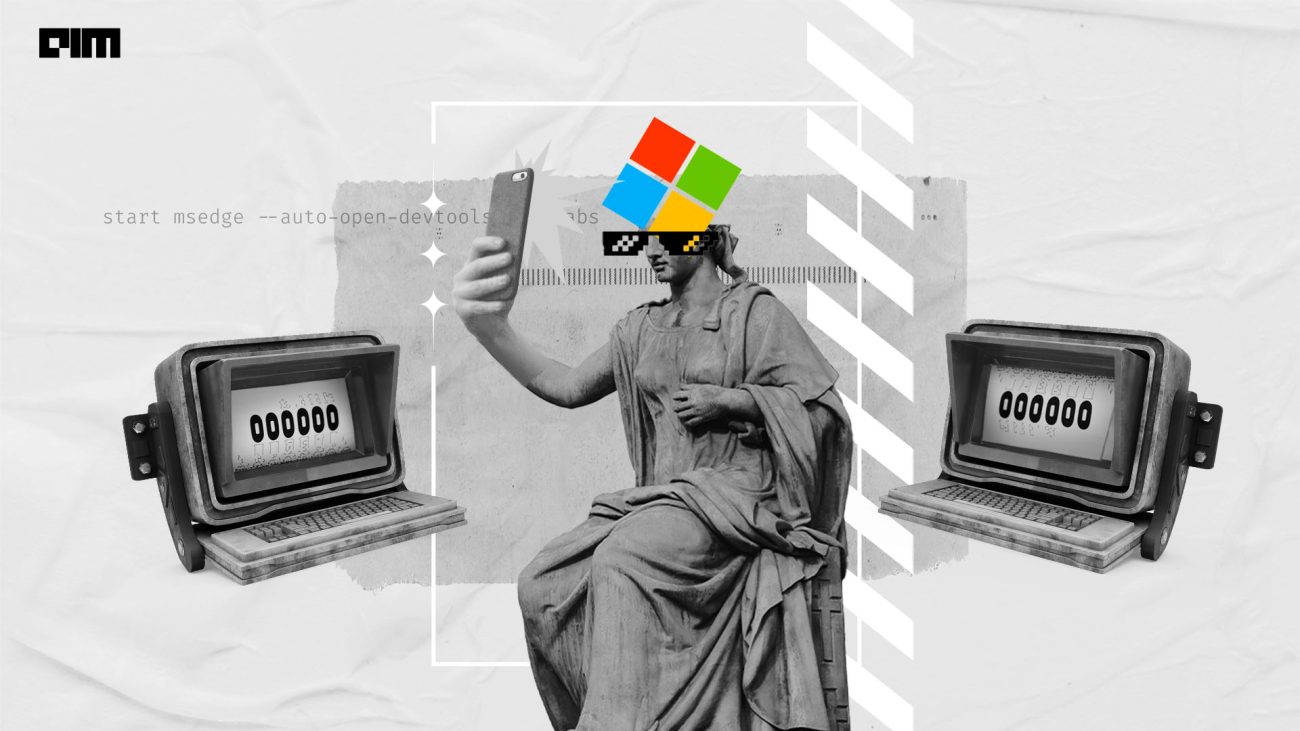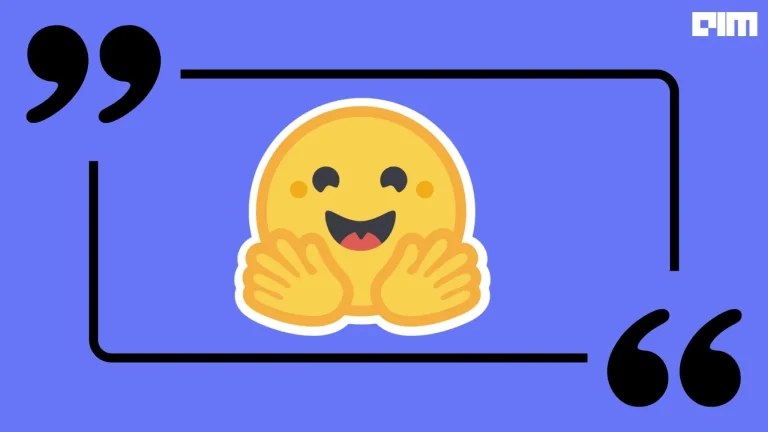|
Listen to this story
|
This year’s Microsoft Build had something for everyone. From the average end user to the enterprise to developers, Microsoft announced a variety of products and AI enhancements to its product suite. However, to keep this momentum going, it also created a suite of development tools, wishing to harness the power of the open-source community to strengthen their ecosystem.
Over the course of the conference, Microsoft announced a variety of developer tools targeted at empowering developers. While this is to be expected for a conference focused on developers, it also comes against the unique background of Microsoft’ AI innovations.
AI tools for all
Apart from updates to GitHub Copilot, Microsoft focused on opening up access to its ecosystem to budding AI developers. The biggest among these announcements was arguably the launch of the Windows AI library. According to Microsoft, this library will help developers create AI applications on both ARM and x64-based machines.
Capitalising on the large and diverse install base of Windows, developers can get curated models from Microsoft and integrate them into their applications. However, one caveat is that the AI features of the applications function on a hybrid basis, as opposed to on-device processing, putting in API calls to Azure for AI inference.
However, for edge processing, Microsoft has also worked closely with hardware providers like Intel, Qualcomm, AMD, and NVIDIA for AI support on the silicon level. Through this partnership, Microsoft says that more Windows devices will include neural processing units, allowing developers even more AI processing power without having to resort to the cloud.
The company also released a plugin standard for Microsoft 365 Copilot. This new feature allows developers to integrate their own apps and services into Microsoft 365 Copilot. This not only extends the usability of Microsoft’s applications, but also allows for connection with third-party applications. The company also launched the Teams Toolkit to make the plugin dev process easier.
The Microsoft Store is also getting a dev-focused update in the form of the MS Store AI Hub. Microsoft stated that this will be a dedicated section in the store that will “curate the best AI experiences built by the developer community and Microsoft.”
The developer ecosystem is a huge value add in the AI age. Examples range from fully open source projects like AutoGPT and LangChain, created to amplify the potential of LLMs, to optimisations to already existing models, like Vicuna and Alpaca (based on Meta’s LLaMA). It seems that Microsoft also wants to capitalise on the dev ecosystem wave to make Windows 11 better than ever before.
Microsoft is learning from past failures
The strategy of leveraging the open-source developer ecosystem is nothing new to tech giants. In fact, this strategy was refined and perfected by Google with the Android ecosystem. After Microsoft’s own failure to create a competing mobile phone operating system (OS), it seems that the company wishes to bring this model to their desktop OS.
While there have been many failures in Microsoft’s long and storied history, the biggest one by far was the Windows Phone. Launched in competition against Android and iOS, Microsoft famously spent $400 million launching this ill-fated mobile OS. While there are many reasons that the product line and accompanying OS bit the dust soon after, the biggest of them was lack of support from the developer ecosystem.
To look at how instrumental developers are for the success of a platform, one needn’t look further than Android. Competing against iOS, which had a first-mover advantage in the market, Google opened the door for developers to pick up the slack. They did so by promoting an open market for devs, reducing the barrier of entry by creating robust dev tools, and even allowing them to modify the kernel of the OS.
While Google created a healthy dev ecosystem for Android, Microsoft’s Windows Phone neglected these core components. Instead, they chose to incentivise developers with money, even going so far as to write apps for them. However, devs shied away from this, mainly due to the low market of the OS, as well as difficulty developing for the platform.
With Windows 11 and the Copilot revolution, it seems that Microsoft is moving past its shortcomings with Windows Phone and hooking into the developer ecosystem. The developer community is well known for being a fountainhead of innovation and endless labour, making them a great fit for the AI ecosystem Microsoft has opened up with Windows Copilot.
By passing on the work of creating novel plugins and applications to the wider ecosystem, Microsoft not only saves money, but increases the value present in the ecosystem. This is also seen by the AI showcase in the Microsoft Store, which provides a platform for developers to reach a wider audience for their applications and plugins.
Just as opening up the Android ecosystem helped Google grow into the behemoth it has today, allowing low-level access to Copilot will also change the game for Microsoft. The offerings at Build paint a picture of Microsoft’s goals to use the dev ecosystem as rocket fuel to reach for the stars.

























